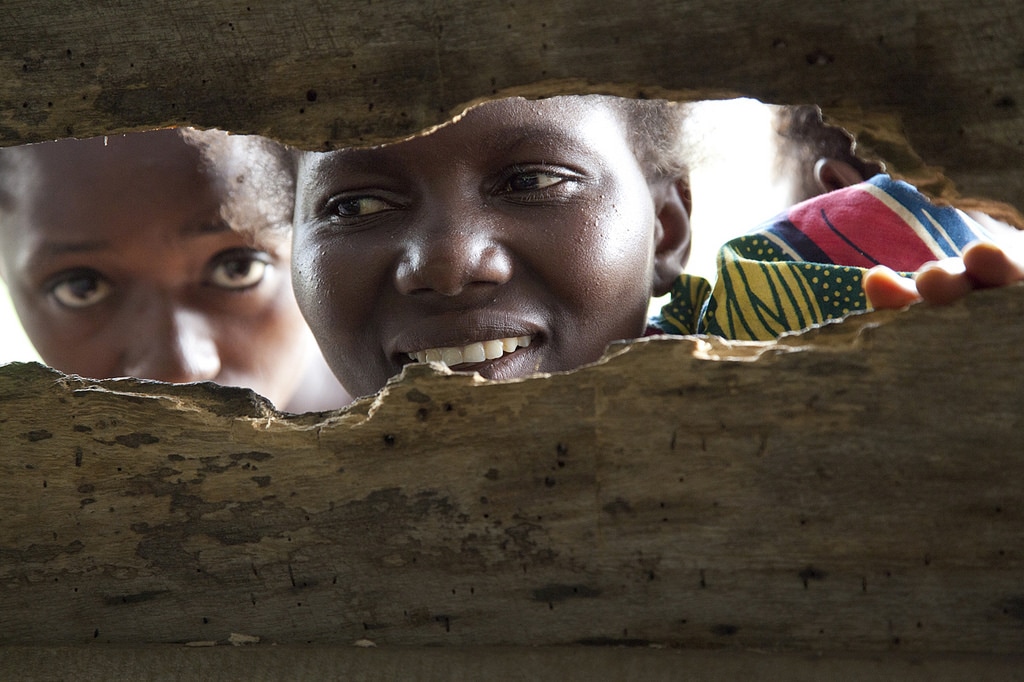SOCIAL, ECONOMIC AND POLITICAL DEVELOPMENT AND CHALLENGES IN THE DEMOCRATIC REPUBLIC OF CONGO (DRC) SINCE INDEPENDENCE - KCSE HISTORY NOTES
Specific Objectives
By the end of the topic, the learner should be able to:
Table of Content
Works Cited
Political developments in Democratic Republic of Congo since independence
The Belgians relinquished their political dominion of Congo by granting them autonomy on 30th June 1960 Patrice Lumumba (Prime Minister) of Congolese National Movement Party and Joseph Kasavubu of Abako Party (Head of State) formed a fragile coalition government. The two leaders differed ideologically.
The period between 1960 and 196 witnessed power struggle between Kasavubu and Lumumba on one side and Secessionist Moise Tsombe of Katanga and Albert Kalonji of Kasai on the other side In 1961, Patrice Lumumba was assassinated. This led to withdrawal of his supporters from government.
In 1961, the UN Secretary General Dag Hammarskjöld perished in a plane crash in the Congo while attempting to bring a peaceful political solution to the Congo crisis.
In 1964, a new constitution was formulated as a way of solving the political problems that plagued Zaire soon after independence. Zaire became a federal state with a federal president and separate assemblies for each state. On 23rd November 1965, Joseph Desire Mobutu organized a bloodless military coup, which removed the civilian government of president Kasavubu and Prime Minister Sylvester Kimba. In November 1965, Mobutu took over power after a bloodless coup. In the same year, , Mobutu banned all political parties. He suspended the constitution and parliament. He abolished the federal system and local assemblies and reduced the number of provinces to eight. In 1967, He formed the Peoples’ Revolution Movement (MPR), which became the only legal party in Congo. He in effect-replaced democracy with one-party dictatorship leaned to the west during the cold war. 1n 1970, Mobutu declared himself the life president of Congo, after winning the presidential election. In 1971, he outlawed the use of European names for people, places and physical features as a way of removing colonial legacy. The country was renamed Zaire. His own name changed to Mobutu Sese Seko. Leopoldville was renamed Kinshasa. In 1973, Mobutu announced the nationalization of all foreign enterprises. In 1977-1978, the Shaba Rebellion broke out mainly after an attack by the Congolese National Liberation Front from their base in Angola. The Belgian troops were called to silence the rebels. In 1990 and 1991, multiparty activists stepped up pressure for change. In September 1991, dissatisfied soldiers and civilians held demonstrations, which led to death of 117 people. In 1997, Laurent Kabila successfully ousted Mobutu, assisted by Rwanda and Uganda. Mobutu fled to exile in Morocco where he died. In January 2001, Laurent Kabila was assassinated in mysterious circumstances. His son took over power. In April 2002, through a power–sharing agreement presided over by Thabo Mbeki and a UN envoy, Mustapha Niasse, a government of national unity was formed. Economic developments in DRC since independence
The political chaos inn DRC up to 1965 did not favour any economic progress. During the reign of the Belgians in Congo, no viable economic development was initiated. Little development was done in infrastructure in order to facilitate transportation of raw materials to the ports of Matadi etc.
At independence, the country was faced with the problems of shortage of manpower, skills and entrepreneurship. When Mobutu took over, there was some slight economic progress. Transport and communication improved as more roads and railway were constructed to link major towns of Matadi, Kinshasa, Lubumbashi and Kisangani. Navigation on the river Congo was improved, which led go expansion of mining and agricultural sectors. Mining of diamonds resumed after the turbulent years and resulted in reduced inflation. Mobutu encouraged foreign investment in the mining sector. However, the fall of world copper prices in 1970s again began to derail the economic growth in DRC. In the 70s, the government nationalized foreign firms employed inexperienced people to control them. In 197, Mobutu enacted a law that placed state finances and expenditure under him, thus reducing the flow of capital to the provinces. In 1976, he encouraged mutual cooperation between private firms and the government in the extraction of minerals such as copper, oil, diamond, cobalt and manganese in a bid to create employment opportunities. He also emphasized on diversification of the economy which greatly boosted food production. The entertainment industry has also grown to become an invisible export through repatriation of profits back home by the foreign based musicians. Energy supply has been increased through the construction of the Luga hydroelectric power station. Social developments and challenges in DRC since independence.
Between 1961 and 1965, there was little improvement in the field of health and education in DRC due to constant power struggles and civil strife.
When Mobutu took over in 1965, he strived to expand schools and universities. For example, by 1970, he had established three universities. He also improved on the provision of health facilities. He banned religious education in schools In 1971, attempted to revive indigenous culture through the Authenticity programme that involved renaming places that had foreign names In the 1970’s, in an effort to improve the welfare of citizens, a national insurance programme was established. Mobutu also gave prominence to music as part of the Congolese curriculum. The independent government supported sporting activities through construction of stadium and other sporting facilities. However, living standards in Zaire continued to fall as health services, water and sanitation continued to be inadequate. The steady rise in population was without a commensurate growth of social services. In summary, the common challenges socially were illiteracy, extreme poverty, famine and diseases caused by civil strife, massive unemployment, refugee problem and religious persecutions by Mobutu.
Political challenges that the democratic republic of Congo has faced since independence.
Economic challenges that Democratic Republic Of Congo (D.R.C) faced in 1970’s.
1 Comment
|
Archives
April 2024
Categories
All
|

 RSS Feed
RSS Feed